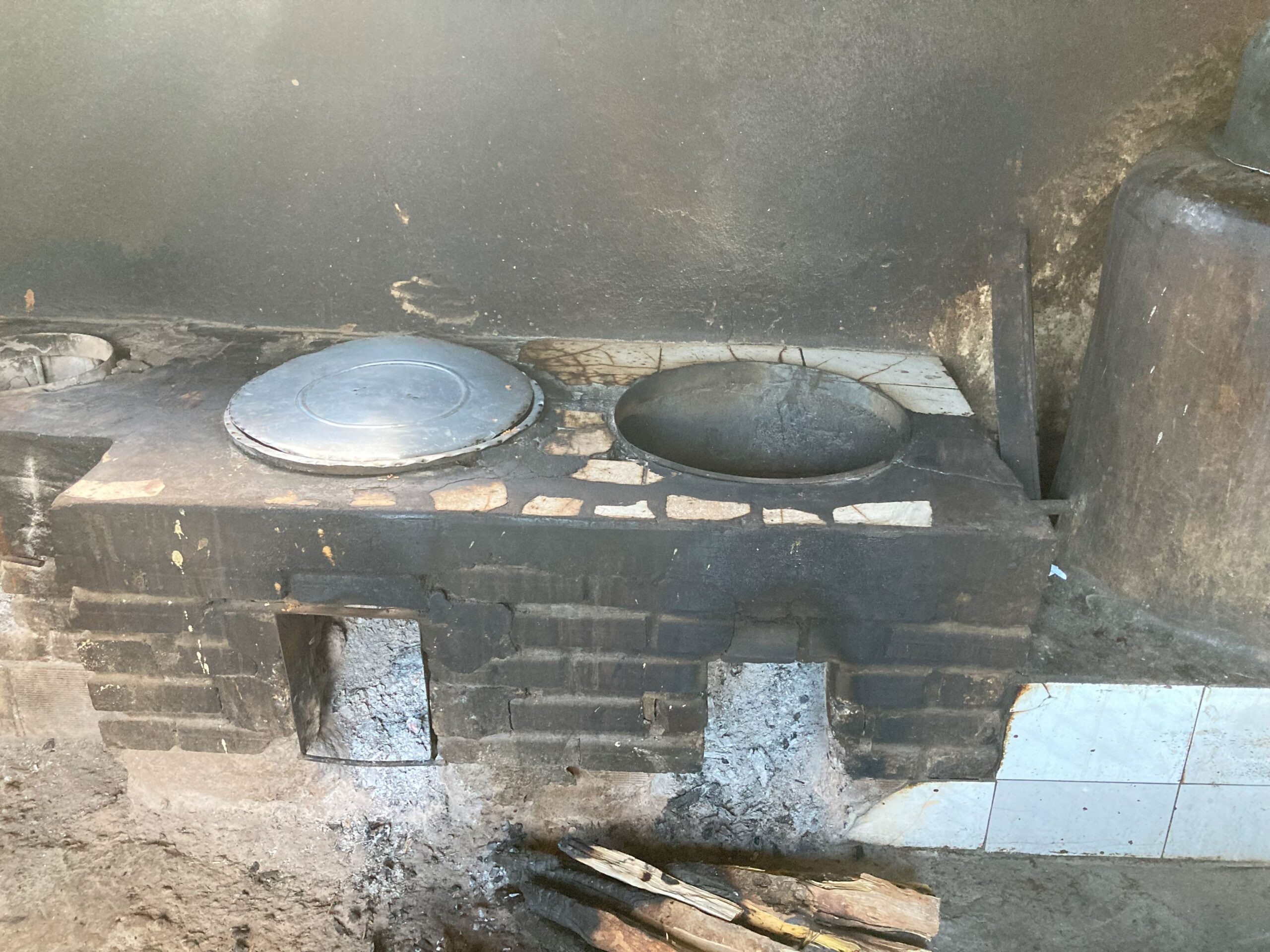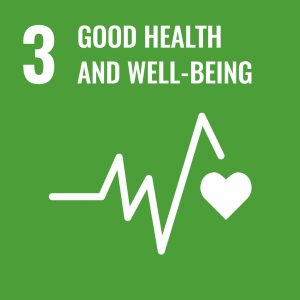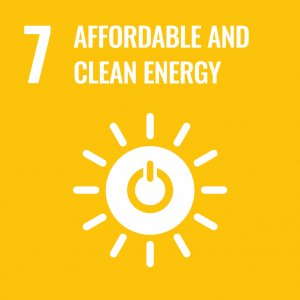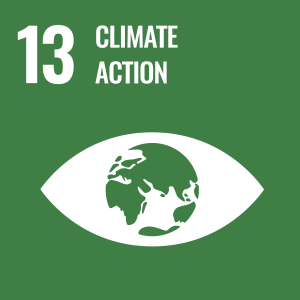Biogas for school kitchen, Tanzania, Boma Ng’ombe
About the Project

Initial Situation
The Trinity Academy in Boma N'gombe is a private pre-school and primary school with 240 pupils. 25% of these are orphans who are supported by a special support programme run by the school together with international partners and attend the school's boarding school. Technik ohne Grenzen e.V. has been in contact with the school for several years, including a tree planting campaign and the construction of a new building for the sustainable operation of the kindergarten in several project phases. Trinity is endeavouring to operate sustainably overall; for example, there is a school farm that provides food for the school, the first small solar panels and approaches to using rainwater. TeoG is currently supporting these approaches in projects on agroforestry, rainwater harvesting and solar energy utilisation. This project is a further building block in the sustainable management of the school and the associated boarding school.Challenge
The school kitchen is an important part of the school, as breakfast and a warm lunch are to be provided for the primary school and kindergarten children. Currently, the kitchen is cooked on firewood, which leads to two fundamental problems. Firstly, the enormous consumption of firewood leads to further deforestation of the already largely deforested area, which results in soil erosion, heating of the microclimate and long-term effects on global climate change. On the other hand, the people cooking, often women, are exposed daily to the smoke and fine dust produced by the combustion process, which has a long-term negative impact on their health. Eye and lung diseases in particular are to be feared.Solution
The aim of this project is to at least partially replace the firewood used for cooking with biogas. To this end, a biogas plant is being built that will be fuelled by kitchen waste, leftover food, chicken and pig manure. Pigs and poultry are already kept on the school grounds. An adequate solution will be developed to collect the manure and transport it to the biogas plant, as well as for the separate collection of biowaste. A rainwater tank is already in place next to the kitchen to provide water to set the desired humidity level. The fermentation residue can be collected and used to improve the soil in the school garden. Here, care must be taken to ensure that the digestate is hygienically incorporated into the soil, whereby few pathogenic organisms are able to survive after a sufficient retention time of the organic material under anaerobic conditions. This approach therefore pursues several objectives at the same time:- Reduction of biological waste on the site, or waste for incineration through utilisation in the biogas plant
- Reducing deforestation in the area and thus the impact on climate change by reducing the need for firewood
- Improving the working conditions of kitchen staff by using biogas instead of wood
- Obtaining fertiliser for the school garden to improve the soil
Sustainable Development Goals



Project Videos
February 2025
How will our new Biogas System in Tanzania work? At the Trinity Academy in Boma Ng'ombe, we plan to construct a biogas system to supply the school kitchen with biogas. It is part of a bigger project for the sustainable operation of the kitchen. But, how does the biogas system actually work? Have a look at our explanation movie to learn how the system is going to look like and how it will be operated!
Information
Project number
TZA_28_EN
Project Leader
Franzi Enzmann
Regional Groups
- Rhein-Main
Project members
Peter Scheunert
Wolfgang Koschnitzki
Christine Dillmann
Project Category
 Energy
Energy Timespan
June 2024 - now
Project stage
current
News
No entries.
